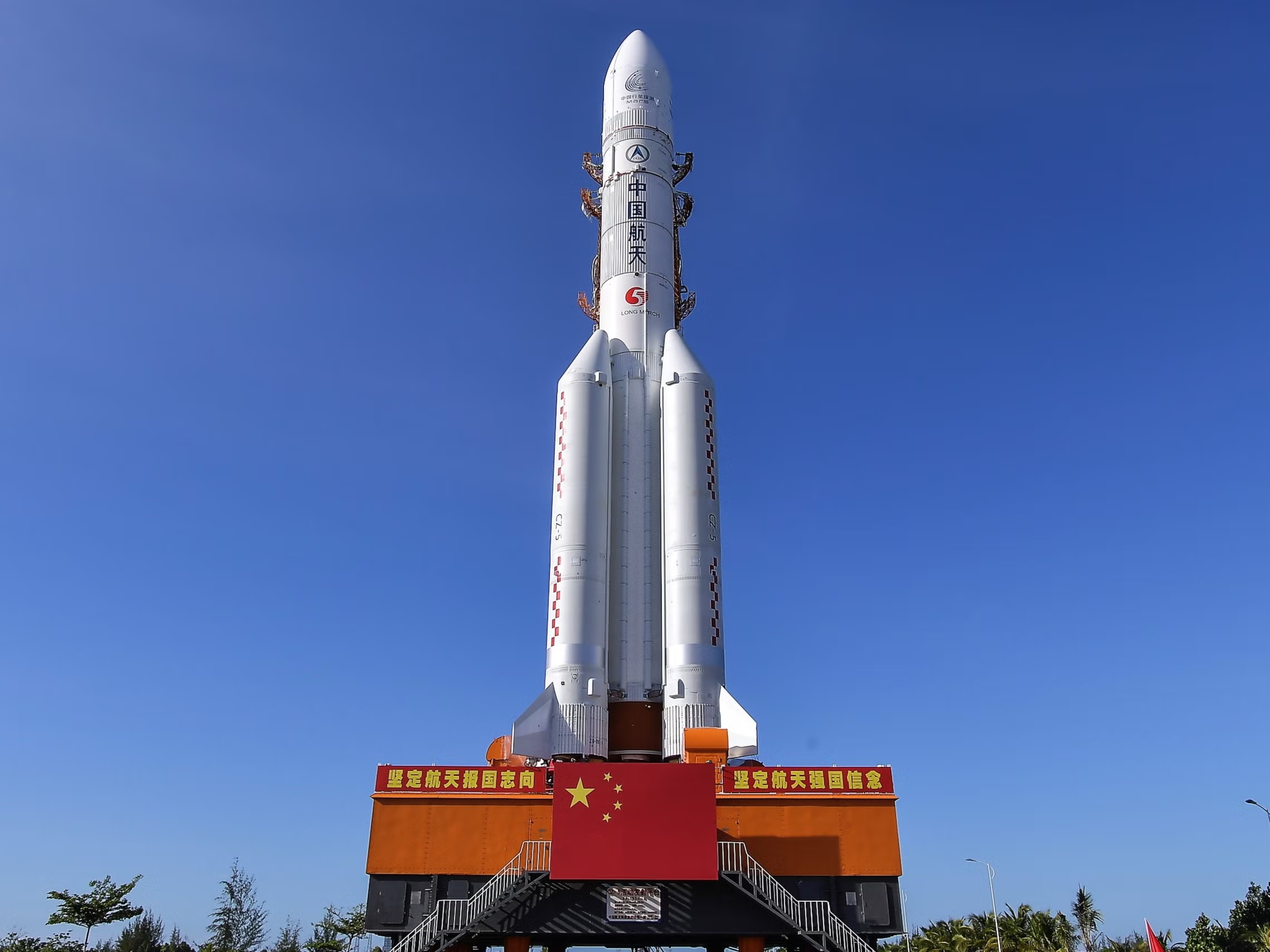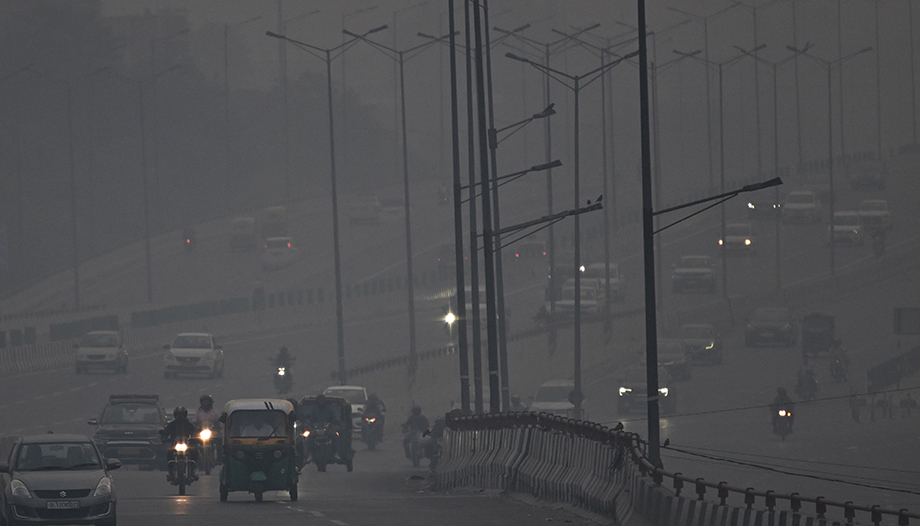- Sudan is in Free Fall: RSF Militia Unleashes Reign of Terror

By Shashi P.B.B. Malla
There have been harrowing stories among the hundreds of accounts of people risking and often losing their lives to help survive the rapidly spiralling armed violence in Sudan (NYT/The New York Times, Nov. 7).
This has been largely ignored by the international community at large, the great powers, and even the United Nations Security Council (UNSC).
Two and a half years since the fighting erupted between the Sudanese military – also called the Sudanese Armed Forces (SAF) and the paramilitary Rapid Support Forces (RSF), as many as 400,000 are believed to be dead by some accounts – bombed, murdered, starved.
The tragedy of the situation consists of the fact that the two arms of the security forces were allied in the national government in Khartoum.
In the words of the U.N. humanitarian coordinator Tom Fletcher, the most catastrophic phase of the civil war is now occurring in El Fasher which has “descended into an even darker hell”.
The RSF militia’s campaign of annihilation has closed in on hundreds of thousands of people trapped in the region, risking the further expansion of one of the greatest mass killings in this century.
When the militia seized El Fasher from the Sudanese Armed Forces two weeks back, it immediately began committing mass executions: massacring hundreds of people in the last functioning hospital, burning people alive, forcing men to dig pits in which they were buried alive, going from house to house and shooting those they found, executing people with disabilities unable to flee.
The accounts of this reign of terror come from eyewitness survivors, aid groups, satellite imagery, and the fighters themselves, who are filming their own atrocities and posting the videos.
In a little more than a week, evidence suggests, the militia has killed and sexually assaulted civilians in numbers that defy comprehension.
Its fighters continue to target African indigenous groups, as they have since the internecine war began.
Human Rights Watch, citing a U.N. panel, reported that in 2023, the militia targeted Masalit civilians in the West Dafur city of El Geneina and killed 10,000 to 15,000 people there in all.
Ending the Conflict
This slaughter could potentially be stopped if those with leverage would apply pressure on the United Arab Emirates, the primary backer of the Rapid Support Forces’ war machine (NYT).
Those include American leaders like President Donald Trump and Secretary of State Marco Rubio, and behemoth companies like the N.B.A. and Disney, both of which have partnerships with the Emirates.
While so many in Sudan give everything to save a single person, these global heavyweights have yet to take meaningful steps that could save hundreds of thousands of people.
And any sincere effort to end the widespread bloodshed must start with the United Arab Emirates (NYT).
Multiple sources—human rights organizations, a militia intelligence officer and U.S. lawmakers – have established that it is a key supplier of arms to the paramilitary forces.
Investigations have traced repeated weapons shipments and drone transfers to Emirati networks.
The Emirates does more than arm the militia.
When the fighting broke out in April 2023, the Emirates reported established logistical networks through Chad, the Central African Republic, South Sudan and Uganda to funnel weapons and fuel, and likely also fighters, to the militia.
More than a distant sponsor, the Emirates is the operational hub of a regional war economy that is vital to the Rapid Support Forces’ survival (NYT).
The Emirates’ goal in supporting the RSF militia, according to experts on the region, appear to be to secure Sudan’s gold supplies and its Red Sea coastline and to undercut democratic influence in Khartoum, Sudan’s capital.
The Role of the Trump Administration
The Trump administration has not taken significant conditions on the ground, steps to rein in the Emirates.
It has not, for instance, appointed a special envoy for Sudan.
And the peace talks it has led with Saudi Arabia, Egypt and the Emirates have done nothing to improve conditions on the ground given the terrible carnage taking place.
Yet the U.S. government has significant leverage, especially on security.
The U.S. sells the Emirates billions of dollars worth of weapons and has designated it a major defence partner.
The NYT suggests the administration should withhold any arms sales until the Emirates itself stops supporting the militants.
The paper also writes that bills have been introduced in both the House and Senate that would do just that and Congress should pass them (Nov. 7).
[However, considering the millions, if not billions of dollars, to be made by intermediaries close to the administration, the attempt to curb arms sales is doomed to failure. Above all, Trump himself may veto any such bills].
The NYT also demands that the U.S. should greatly increase financial pressure on the Rapid Support Forces by targeting its gold-smuggling and arms-procurement networks, while rigorously enforcing existing sanctions (which currently are not functioning).
Since the UAE itself does not possess an arms industry, its suppliers are very diverse, and it will be difficult, if not impossible, to choke off the supplies.
The NYT concedes that Trump’s own financial interests in the Emirates – most notably an investment firm backed by its sovereign wealth fund, which invested US $ Dollar 2 billion in a crypto currency partly owned by the Trump family – could deter him from applying the necessary pressure.
The NYT speculates that Trump’s Nobel Peace Prize aspirations may motivate him to use his personal connections to help end the violence.
But this line of argument is far-fetched.
Trump has proved himself again and again to be undeserving of this high accolade:
- His machinations at home have undermined democracy to a considerable extent
- His aggressive posture in the Western Hemisphere
- His failure to put pressure on Vladimir Putin and end the inhumane Ukraine War
- His attitude toward climate change.
The Role of Sports & the UAE’s International Standing
In its efforts to bolster its global standing, the Emirates has made itself vulnerable to other pressures, too.
It has built itself into a global sports and entertainment hub, creating a positive image that has masked its repression at home – and now its complicity in war crimes and genocide abroad (NYT).
The Emirates depend on those international/multilateral companies, organizations, teams and entertainers.
The N.B.A.
Likely no organization holds more sway than the U.S. National Basketball Association.
The NBA’s league partnership with the Emirates includes pre-season games in Abu Dhabi and an in-season basketball tournament, the Emirates N.B.A. Cup which began two weeks back.
The NYT again insists that the NBA should make clear this will be the last Emirates NBA CUP unless the country stops supporting the RSF militants.
The N.B.A.’s global prestige gives it immense influence; taking a stand could send a signal far beyond the basketball court, lighting the way for others to follow suit (NYT).
Disney World
Disney, one of the world’s most influential entertainment companies, is planning a theme park in Abu Dhabi and could also use its voice to effect change in the Emirates’ policies (NYT).
The Evolving Situation in Sudan
Hanging in the balance is the survival of the thousands of civilians now in hiding, and the hundreds of thousands more who have been displaced in surrounding towns, including 650,000 in Tawila, southwest of El Fasher.
According to the writers of the NYT op-ed, Eric Friedman, Suad Abdel Aziz and John Prendergast, “The future of Sudan itself is also at stake . . .
“If the Rapid Support Forces consolidates power, the world will have allowed a genocidal militia to seize and hold land with impunity . . .
“A collapse of Sudan would destabilize the entire Horn of Africa, drive refugees across the Sahel and into Europe, and embolden other paramilitaries.”
The writer can be reached at:
shashimalla125@gmail.com



















Comments:
Leave a Reply